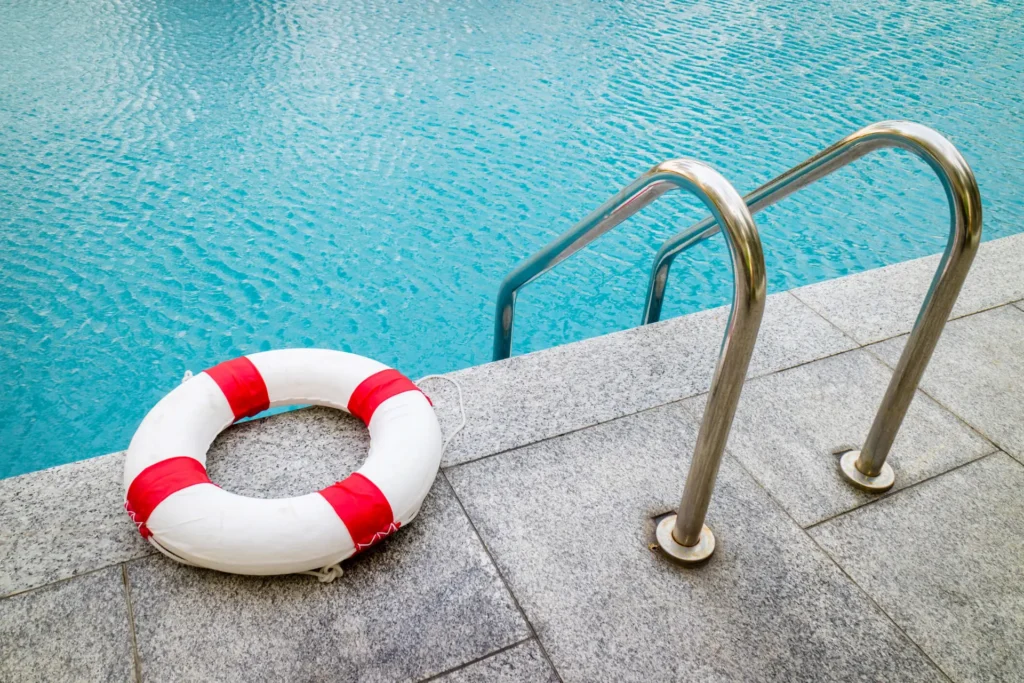
Water activities are enjoyable and beneficial for physical and mental health, but they come with inherent risks, especially for beginners. Following essential water safety tips ensures a safe and enjoyable experience for everyone.
Learn to Swim
Taking swimming lessons is the first step to water safety. Professional instruction equips beginners with the skills needed to stay afloat, move confidently, and handle emergencies in the water. Knowing basic strokes and floating techniques is crucial.
Never Swim Alone
Always have a buddy when swimming, regardless of your skill level. Beginners, in particular, should swim with someone more experienced or under the supervision of a lifeguard. Having a companion ensures immediate assistance in case of an emergency.
Use Appropriate Gear
Wearing the right gear, such as life jackets or floatation devices, is essential for beginners. These devices provide extra buoyancy and confidence while learning to navigate the water. Make sure the gear is approved by safety standards and fits properly.
Understand Water Conditions
Before entering any water body, assess the conditions. For pools, ensure the water depth matches your skill level. In open water, be aware of currents, tides, and underwater hazards. Avoid swimming in unfamiliar or unsafe areas.
Follow Pool Rules and Signage
Swimming pools often have specific rules to ensure safety, such as no diving in shallow areas or no running near the pool. Always adhere to these guidelines and pay attention to warning signs.
Supervise Children Closely
If you’re swimming with children, keep them within arm’s reach at all times. Young swimmers should always use appropriate floatation devices and be taught basic water safety rules early on.
Stay Hydrated and Take Breaks
Swimming can be physically demanding, even for beginners. Stay hydrated by drinking water regularly, and take breaks to avoid exhaustion. Recognizing your limits is key to staying safe.
Learn Basic Rescue Skills
Knowing how to assist someone in distress without putting yourself at risk is valuable. Familiarize yourself with techniques like throwing a floatation device or using a pole to help someone reach safety.
Avoid Alcohol
Swimming under the influence of alcohol impairs judgment, coordination, and reaction time. Always stay sober when participating in water activities to ensure safety.
Be Aware of Weather Conditions
Weather can change rapidly, especially in open water settings. Avoid swimming during storms, strong winds, or when lightning is present. Check weather forecasts before heading out.
Practice Safe Diving
If diving is permitted, ensure the water is deep enough and free from obstacles. Avoid diving headfirst into unfamiliar water to prevent injuries.
Conclusion
Water safety is essential for everyone, especially beginners. By learning to swim, using proper gear, and understanding water conditions, you can enjoy swimming while minimizing risks. Safety measures not only protect you but also create a more enjoyable and confident experience in the water.
